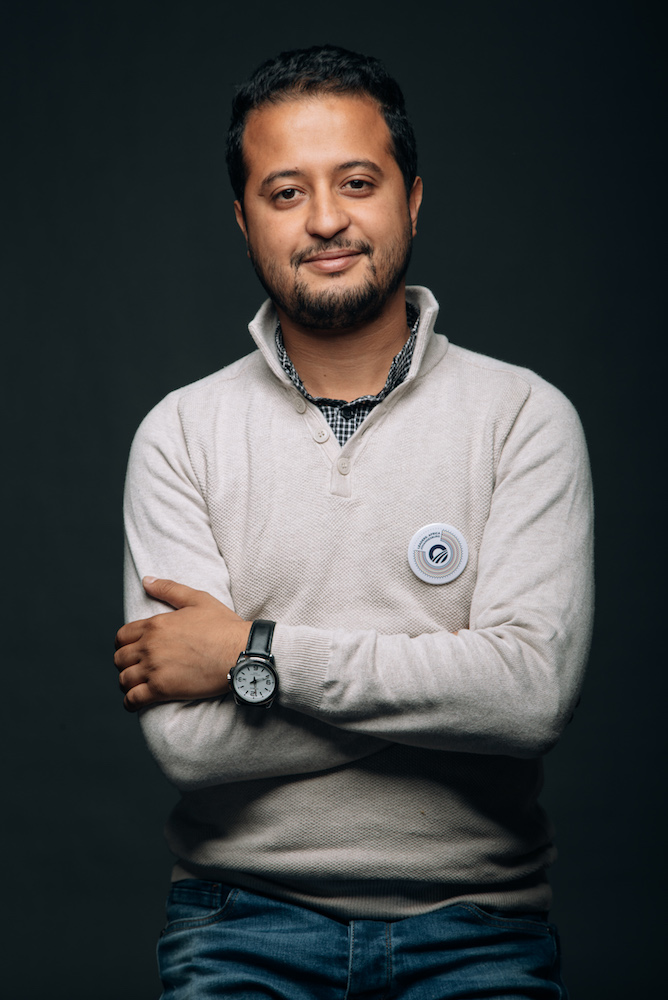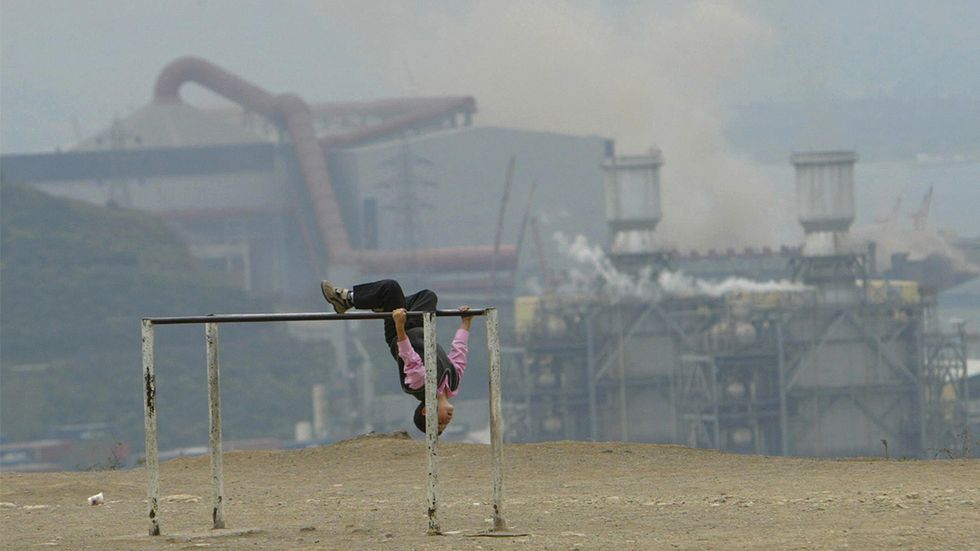Egypt amps up power link with Iraq via Jordan
CAIRO: Egypt is seeking to strengthen its electricity exchange with neighbors as part of plans to become a regional energy hub, a top official said.
Egyptian Electricity and Renewable Energy Minister Mohammed Shaker said that electricity connection projects have an important role in enhancing energy security as well as increasing the use of renewable energy in the medium and long term.
Shaker also confirmed that a study into an electrical interconnection project with Iraq was underway.
He said that Egypt has power links with Jordan in the east, Libya in the west and Sudan in the south.
Egypt plans to export electricity to Iraq as part of a strategy to transform itself into regional hub for exchanging energy via its power connection with Jordan.
The Ministry of Electricity and Renewable Energy is considering raising the capacity of the electrical interconnection line with Jordan during the current year, with the aim of increasing power exports.
The two countries have been linked since 1999 through a line with a capacity of 400 MW.
In a press statement, Shaker said that electrical interconnection projects between countries offer technical, economic, environmental, social, political and legal benefits.
Work is underway to investigate raising the capacity of electrical interconnection with the countries of the Mashriq and the Arab Maghreb, he said.
A connection project with Saudi Arabia will link Egypt to the Gulf countries and Asia.
Shaker voiced hopes that power connections to Europe will absorb electricity output from renewable energy sources in Africa.
He said that Egypt is keen to support the efforts of African countries to access clean energy from renewable sources, especially since many African countries enjoy untapped renewable sources.
Egypt is expected to be one of the main hubs for the transfer of clean electrical energy to Europe.
The daily reserve in the Egyptian network reaches 15,000 MW, which allows it to expand electrical interconnection projects with all countries to take advantage of the reserve capabilities that are constantly increasing and attracting investors to Egypt.
A source at the Ministry of Electricity confirmed that all studies related to the electrical interconnection with Iraq will be completed by the end of 2021.
Egypt’s huge reserve qualifies it as a major energy hub, while there is lack of electric power in some countries amid the collapse of networks in Syria and Iraq.

Egypt president endorses harsher punishment for female genital mutilationUAE entrepreneur Mohamed Alabbar tells Egypt’s Enigma magazine about his journey to success




